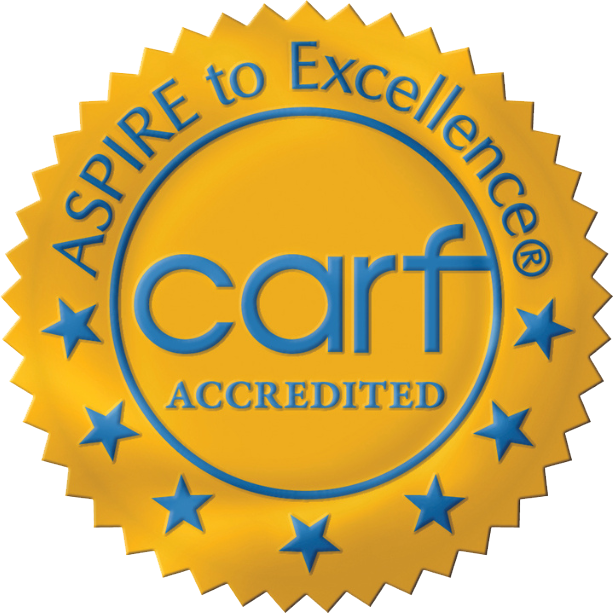Semi-Independent Living Admission Criteria and Services
Primary Diagnosis: Individuals must have a documented diagnosis of Traumatic Brain Injury (TBI) or Spinal Cord Injury (SCI) from a qualified healthcare professional.
Age Range: Acceptance is limited to individuals within a specified age range, typically adults or young adults. (Minimally 18 years of age)
Functional Level: The person served must demonstrate a certain level of functional independence, based on the ability to perform activities of daily living with minimal assistance.
Medical Stability: The person served should have a stable medical condition, with no acute medical needs requiring intensive care.
Behavioral Stability: Individuals must exhibit stable behavioral patterns and demonstrate the ability to adhere to community living guidelines.
Willingness to Participate: The person served should express a willingness to actively participate in the program and work towards their goals for independence.
Family or Guardian Support: Ideally, individuals should have a support system in place, whether from family members or legal guardians, to assist with decision-making and provide additional support when needed.
Ability to Follow Safety Protocols: Person served must understand and adhere to safety protocols within the residential facility to ensure their well-being and that of others.
Legal Capacity: Individuals should possess the legal capacity to enter a residential living arrangement or have a legal guardian appointed to make decisions on their behalf.
Financial Responsibility: The person served must demonstrate the ability to meet financial obligations associated with the semi-independent living program, including managing their finances with assistance if needed.
Script for Services: Upon admission, the person served will receive a personalized care plan tailored to their specific needs and goals. Services provided may include:
Case Management: Regular meetings with the physician and interdisciplinary team case manager to assess progress, address concerns, and coordinate services.
Life Skills Training: Instruction and support in developing essential life skills such as cooking, cleaning, managing finances, and transportation.
Employment: The person served must be employed a minimum of 20 hours per week or participate in a vocational work program.
Therapeutic Support: Access to cognitive rehabilitation, physical therapy, occupational therapy, speech therapy, recreational therapy, behavioral therapy (BCBA) and other therapeutic services as needed to address cognitive, physical, and emotional challenges associated with TBI or CHI.
Community Integration: Opportunities to engage in social activities, vocational training, educational pursuits, and recreational outings to promote community integration and independence.
Medication Management: Assistance with medication management, including administration and monitoring for side effects or interactions.
24/7 Support: Access to nursing and support staff or emergency support services as needed, ensuring round-the-clock assistance and supervision.
Continued Evaluation and Adjustment: Regular reassessment of needs and goals to ensure that services remain relevant and effective, with adjustments made as necessary to support progress towards greater independence.
The above criteria can serve as a foundation for establishing admission guidelines and outlining the range of services offered to individuals with TBI in a semi-independent residential living setting. Adjustments may be made based on specific program requirements and resources available.



